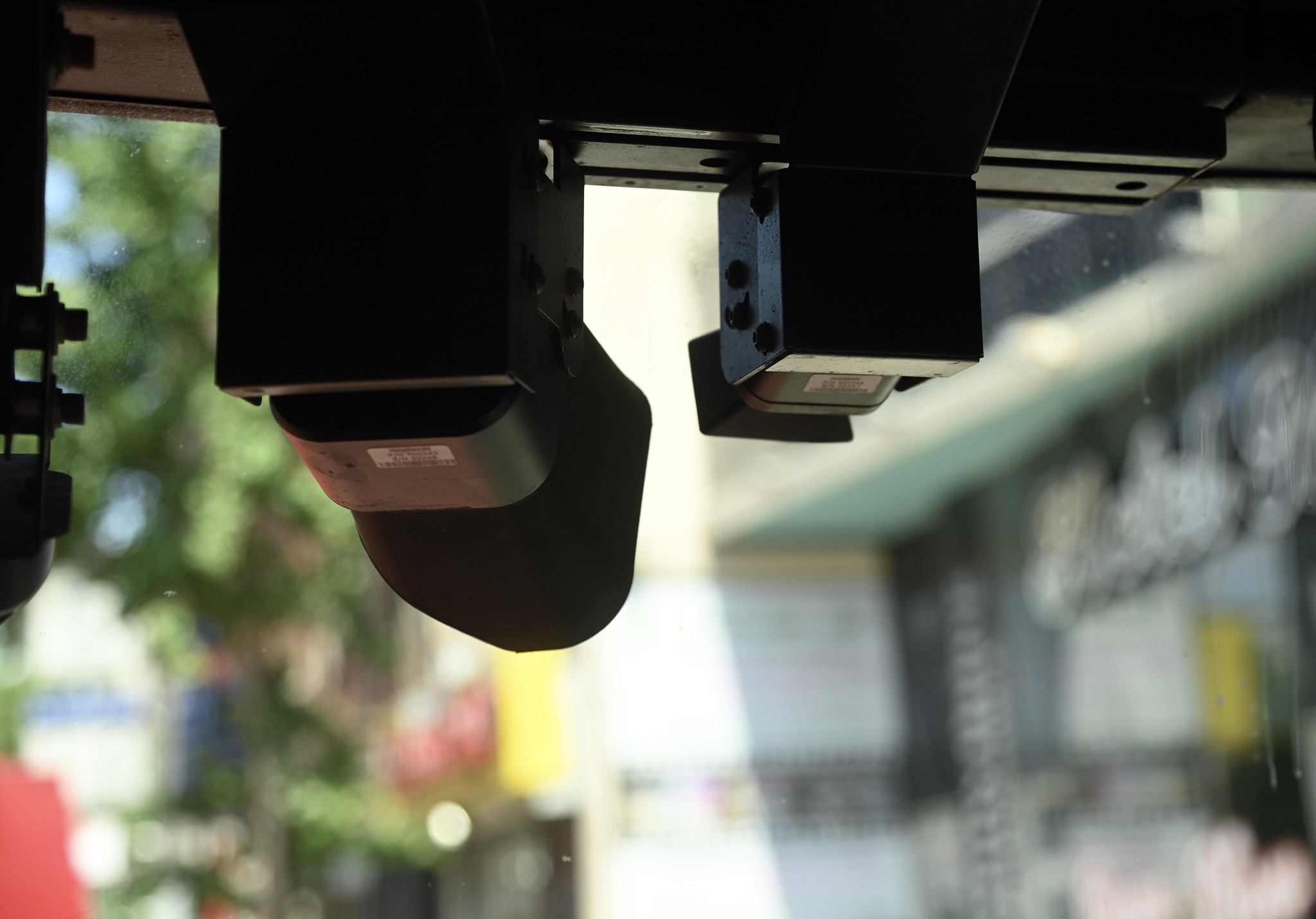- Automated cameras enforcing laws against drivers blocking bike and bus lanes will help keep those lanes clear and make bus service more reliable (Government Technology), and using AI alleviates some privacy concerns because the data isn't stored (Next City).
- Cities are using parking corrals, locking requirements and other measures to reduce the e-scooter clutter that's a frequent complaint about shared micro-mobility systems. (Smart Cities Dive)
- The Federal Highway Administration announced new rules to protect highway construction workers. (Transportation Today)
- Transportation for America explores why a Nashville transit referendum passed overwhelmingly this year when a similar measure failed in 2018: It delivered benefits to more neighborhoods and had a more diverse group of supporters.
- Washington state bucked the national trend by getting bluer this November, raising the possibility of more restrictions on greenhouse gas emissions in the future. (Spokesman-Review)
- San Francisco motorists can now be ticketed for parking within 20 feet of an intersection due to a new "daylighting" law aimed at keeping crosswalks clear of visual obstructions. (SFGATE)
- Cleveland is milling its streets to stop racing drivers from taking them over. (Jalopnik)
- Florida International University is getting a new metro rail station as part of a Miami-Dade transit project that recently received a $390 million federal grant. (Panther Now)
- Fort Worth is again considering streetcars as it continues experiencing explosive growth. (Report)
- Bikeshare's arrival in Montreal 15 years ago sparked an explosion in protected bike lanes. (CBC)
- Hundreds of Toronto cyclists took to the streets to protest the Doug Ford administration's proposal to tear them out and stop Ontario cities from building more. (Star)
- More than 100,000 college students in China rode bikes for 30 miles in the middle of the night on a quest for dumplings, prompting a government crackdown. (The Guardian)
Today's Headlines
Look Out Honey, Tuesday’s Headlines Are Using Technology
AI and automated cameras are helping cities to stop drivers from blocking bike and bus lanes.
Stay in touch
Sign up for our free newsletter
More from Streetsblog USA
Americans Demand Congress Fund Active Transportation In Next Infrastructure Bill — And Not Just The Bike/Walk Advocates
A "back to basics" surface transportation bill — as Republicans are seeking — would be devastating for road safety and small businesses.
Friday’s Headlines Take a Lot to Laugh, Take a Train to Cry
I ride on a mail train, baby. Can't buy a thrill.
Talking Headways Podcast: The Future of Transit
Yonah Freemark talks with Jeff Wood about the state of the trains across the world.
Are Roundabouts Just For Rich People?
And if not, how do we get more of them in the low-income neighborhoods that need life-saving infrastructure the most?
Thursday’s Headlines Need Alternatives
Economics 101: Competition brings down costs.
How Recreational Cycling Can Lead to Safe Streets For All
These cities are leveraging joy to fight for connected communities.






